Three theatrepersons and chef Manu Chandra collaborated to put the spotlight on the street vendors of India. Peek into their life and savour their dishes at the play's Mumbai premiere
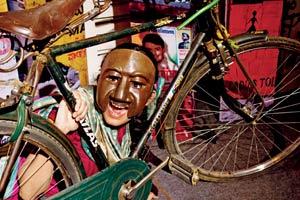
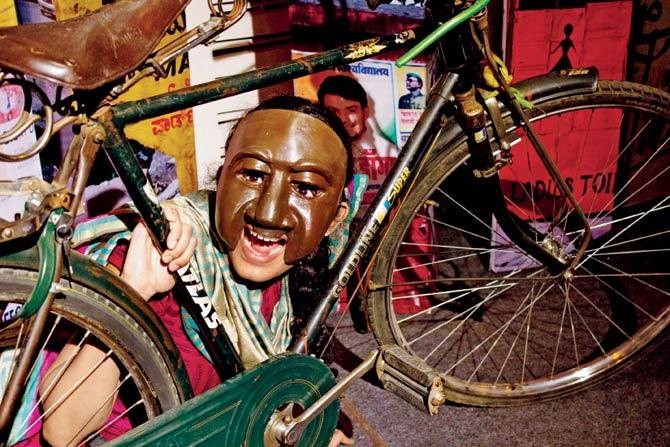
Scenes from the play
Stopping by a vada pav stall for a quick, satiating bite on a busy day or tucking into a sev-chutney laden Bombay sandwich, as breakfast at the office is a quintessential Mumbai experience. But who are the people who wake up at the crack of dawn to prep food that they then dish out with assembly line-like precision for the rest of the day? At the rates at which they sell the fare, what counts as profit? And do the exigencies of being on the street eat into it? If these are questions that have crossed your mind, find answers to them at the Mumbai premiere of Stand on the Street, a physical theatre performance spanning four acts that tell the stories of four street vendors from across India.
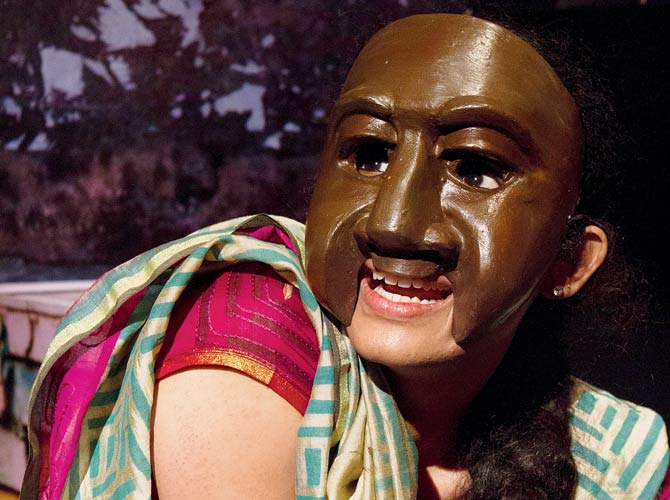
"Originally, the performance was commissioned for the Serendipity Arts Festival in Goa last year by chef [and the festival's culinary arts curator] Manu Chandra. We had worked on the smell and memory aspects of food earlier, and this time, the idea was to explore taste as the primary sense in the performance," shares director Aruna Ganesh Ram. She adds that the dishes that the vendors sell in the play - jhal muri, a spicy puffed rice preparation from Bengal; sundal, a yellow pea fried snack from Tamil Nadu; momos, a popular street food from Delhi; litti chokha from Bihar; and paan from Varanasi - will also be served to the audience. "Chef Chandra was keen on picking dishes that went beyond the popular items, which is why we don't have pav bhaji or dosa in the play," she says.
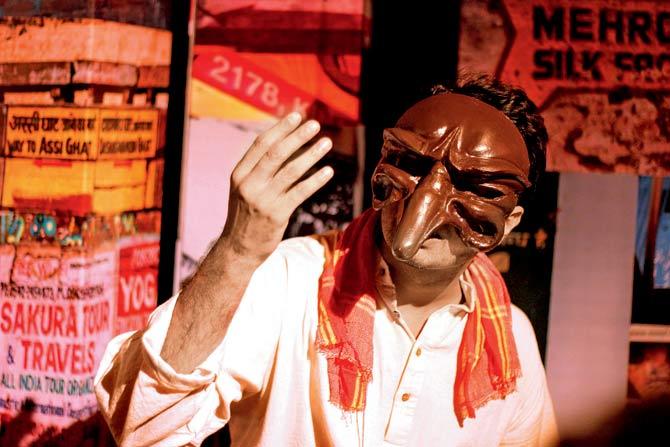
"We wanted the audience to eat, listen, and watch these performers behind their masks capture the essence of the country, not in a particular time period but over the last couple of decades. It became a metaphor for the prevailing socio-political conditions in India, but never obviously so," says Chandra.
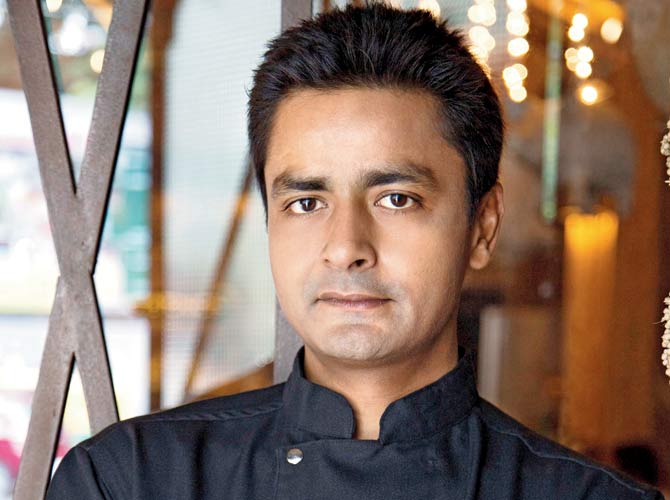
Chef Manu Chandra
As part of their research, Aruna and her team - consisting of actors Anjana Balaji and Aditya Garg, who play all 10 characters in the play - fanned out across India to meet 250 street food vendors and listen to their stories. "We realised that a vast majority of the vendors had left their hometowns to embrace a new city for life. And they all shared a common dream - they did not want their children to suffer like them," says Aruna.
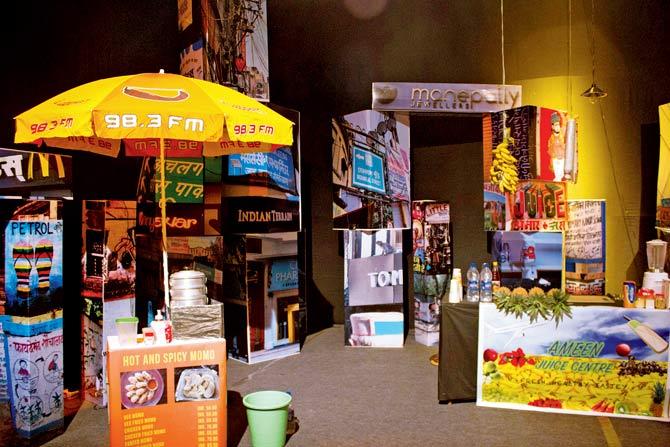
The masks, which the actors wear throughout the performance, give it a sense of universality. "After all, this is not the story of one particular character, but of the many street vendors with whom our association is no more than a flitting transaction," she says. What also emerged in the research was the politics of being on the street, from dust and pollution to having to pay bribes, and dealing with the nuisance of barking dogs.
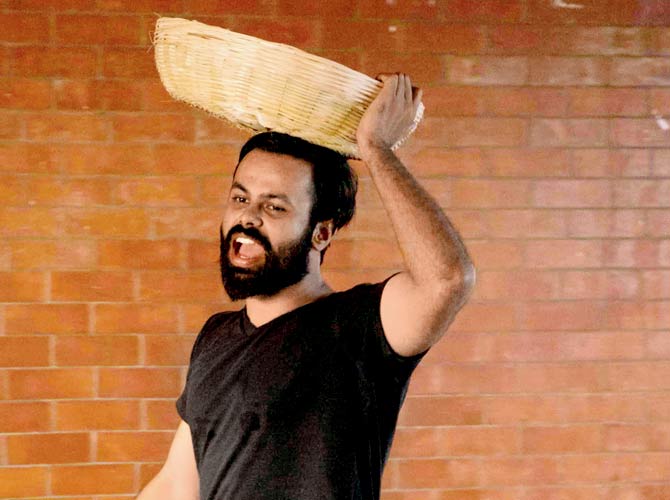
"A momo vendor from Mangalore spoke of the irony of customers, used to eating frozen momos at restaurants, finding the taste of her fresh dumplings, odd," Aruna recalls, adding that the play weaves in the instance of the call for a momo ban that had surfaced in Jammu last year. On the day of the performance, the team is up at 5 am to prepare all five dishes from scratch. "If we have to internalise their stories, we must live their life," Aruna sums up.
From: April 25 to 27, 8 pm (The Cuckoo Club, Bandra West); April 28, 6.30 pm and 29, 8 pm (Piramal Museum of Art, Byculla)
Log on to: bookmyshow.com
Entry: Rs 499
Catch up on all the latest Mumbai news, crime news, current affairs, and also a complete guide on Mumbai from food to things to do and events across the city here. Also download the new mid-day Android and iOS apps to get latest updates
 Subscribe today by clicking the link and stay updated with the latest news!" Click here!
Subscribe today by clicking the link and stay updated with the latest news!" Click here!









